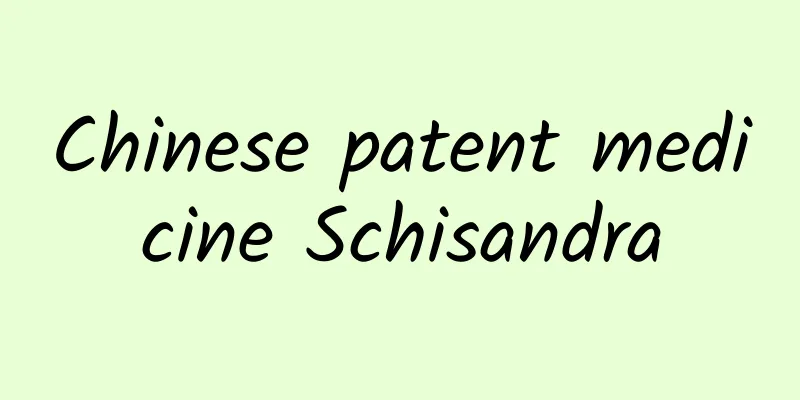What are some nephrotoxic Chinese medicines?

|
Although Chinese medicine is beneficial to the human body and has regulating and health-preserving effects, it cannot be ruled out that some Chinese medicines have toxic side effects. If the medicine is used for too long or the dosage is too large, it will exceed the body's excretion capacity and cause damage. The most common damage is to the kidneys. If it is not taken seriously, it may lead to impaired kidney function and renal failure. In severe cases, dialysis may be required. Therefore, early detection can avoid harm. Traditional Chinese medicines that contain nephrotoxic substances include arsenic, red sail, snake gall, and tripterygium wilfordii. Some traditional Chinese medicines can also produce nephrotoxicity when they are boiled in combination with other medicinal materials, so consult a doctor before taking any medicine. Some Chinese medicines are indeed nephrotoxic and should be used with caution by those who take them in excess or have renal impairment. Common ones include Xanthium sibiricum, Duck Gallbladder, Dichroa chinensis, Ginkgo bile, Comb seeds, Strychnos nux vomica, Pinellia ternata, Tripterygium wilfordii, Scutellaria baicalensis, lead powder, red lead, realgar, arsenic, Dandelion, calomel, and mercury. The above drugs can directly damage renal tubular epithelial cells and even cause extensive proximal tubular necrosis. (Information cited from Practical Toxic Chinese Medicine by Yang Fenming, 1992, Science and Technology Literature Press) Red lead is mentioned in the book "Try Hundreds of Medicines on Yourself to Be Careful of Kidney Failure". Red lead is a mercury preparation made from mercury, saltpeter, alum, soap alum, realgar and cinnabar. The main components are mercuric oxide (HgO) and a small amount of arsenic disulfide (As2S2), which are toxic and can only be used externally. Acute poisoning may cause kidney enlargement, cortical thickening, and swelling and necrosis of the renal tubular epithelium. Nephrotoxic Chinese medicines can cause great damage to the body, so it is best not to take them at will. This is especially true for middle-aged and elderly people whose kidney function is impaired. At this time, they should pay more attention to medication safety, otherwise there will be great safety risks. When choosing Chinese medicine to strengthen your body, you must purchase it with a doctor's prescription and take it according to the prescription to ensure safety. |
<<: Should I take Chinese medicine for stomach problems before or after meals?
>>: Chinese medicine for rheumatism
Recommend
Huh? I came all the way to the Northeast, and you let me play with hot water and blow bubbles?
Harbin has been all over the news this year, and ...
The black box has been found! All aircraft are required to install it. What important information can it provide?
The crash of China Eastern Airlines flight MU5735...
Zebra stripes, neither camouflage nor cooling? Uncovering the true purpose of black and white stripes
Did you know that the black and white stripes on ...
What are the medicinal values of Eclipta prostrata?
Most people may be familiar with Eclipta prostrat...
What are the ways to eat wild black wolfberry?
As a kind of food that we often see in our daily ...
Are cats naturally aloof? They actually care about their owners!
Yesterday was International Cat Day (August 8th e...
The efficacy and function of Cistanche deserticola
Many people choose Cistanche deserticola because ...
What is the difference between the Lunar South Pole Station and the Earth's South Pole Station?
China has five scientific research stations at th...
In order to prevent you from spitting out the seeds, fruits work so hard!
Summer is the season for eating fruits. I believe...
Why should we protect rare species?
A penguin wanders around the empty parking lot of...
The efficacy and function of wild chrysanthemum
For the Chinese medicinal material such as wild c...
The efficacy and function of white sandalwood root
Many people choose sandalwood root because of its...
The efficacy and function of Hosta
Many people are not very clear about the effects ...
The efficacy and function of Yunshi
The world is full of wonders, and Chinese medicin...
World Fisheries Day丨There are many farmed fish, so why are some wild fish still so "crispy"?
Today is World Fisheries Day. Fish are the most d...









